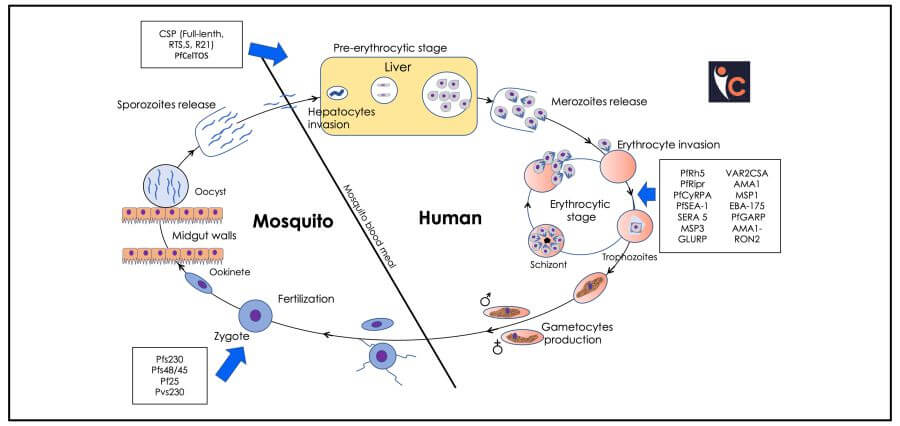Notifications
ALL BUSINESS
COMIDA
DIRECTORIES
ENTERTAINMENT
FINER THINGS
HEALTH
MARKETPLACE
MEMBER's ONLY
MONEY MATTER$
MOTIVATIONAL
NEWS & WEATHER
TECHNOLOGIA
TV NETWORKS
VIDEOS
VOTE USA 2026/2028
INVESTOR RELATIONS
COMING 2026 / 2027
ALL BUSINESS
COMIDA
DIRECTORIES
ENTERTAINMENT
FINER THINGS
HEALTH
MARKETPLACE
MEMBER's ONLY
MONEY MATTER$
MOTIVATIONAL
NEWS & WEATHER
TECHNOLOGIA
TV NETWORKS
VIDEOS
VOTE USA 2026/2028
INVESTOR RELATIONS
COMING 2026 / 2027
About Me
 Latinos Media
Latinos Media Latinos Media provides all types of news feeds on a daily basis to our Members
Posted by - Latinos Media -
on - July 21, 2023 -
Filed in - Salud -
-
883 Views - 0 Comments - 0 Likes - 0 Reviews

Malaria, which according to the World Health Organisation claims to be responsible for over 500,000 annual fatalities, may be combated with the use of a new mRNA vaccine that targets immune cells in the liver.
An mRNA-based vaccine that can successfully target and stimulate protective immune cell responses against the malaria-causing parasite Plasmodium in preclinical models has been created by trans-Tasman research collaborators from Peter Doherty Institute for Infection and Immunity, Te Herenga Waka—Victoria University of Wellington’s Ferrier Research Institute, and the Malaghan Institute of Medical Research.
According to Professor Gavin Painter of the Ferrier Research Institute, the technique is unique since the team made use of years of earlier research by Professor Bill Heath at the Doherty Institute and Professor Ian Hermans at the Malaghan Institute of the University of Melbourne.
“Thanks to this synergy, we were able to design and validate an example of an mRNA vaccine that works by generating resident memory cells in the liver in a malaria model,” says Prof Painter.
“It demonstrates the huge potential of RNA technology in solving some of the world’s biggest health problems and the growing capability and expertise in mRNA vaccine development here in New Zealand and Australia.”
Peptide-based vaccines were initially the focus of the collaborative research looking at a novel target for malaria. However, the team changed its strategy in 2018 and began looking into RNA-based vaccines; thus far, this decision appears to have paid off given the recent success of RNA technology in vaccine development.
Dr Lauren Holz, Research Officer at the Doherty Institute and co-author of the paper says, “While our successful peptide-based vaccines targeting malaria only contain small protein fragments of a malaria protein, mRNA vaccines encode an entire malaria protein,”
The post A Scientific Advance Uses mRNA Technology to Create A Potent Malaria Vaccine appeared first on Insights Care.